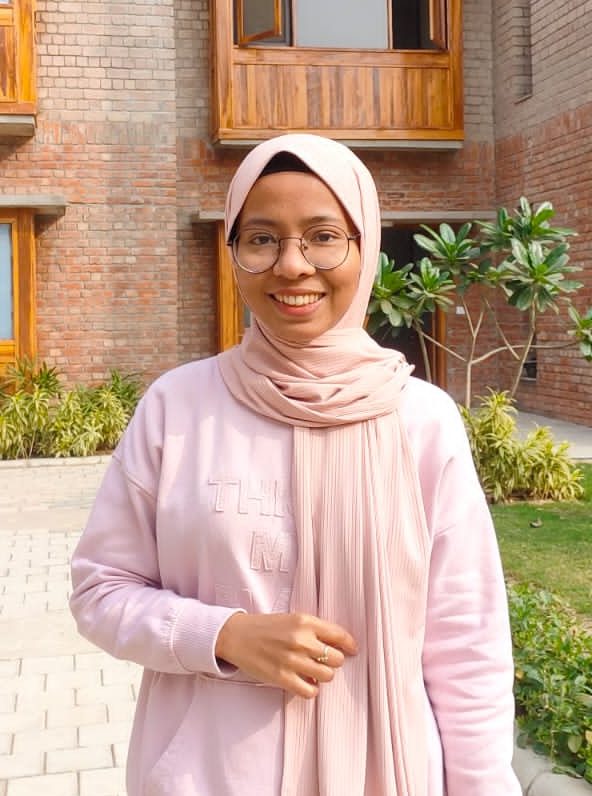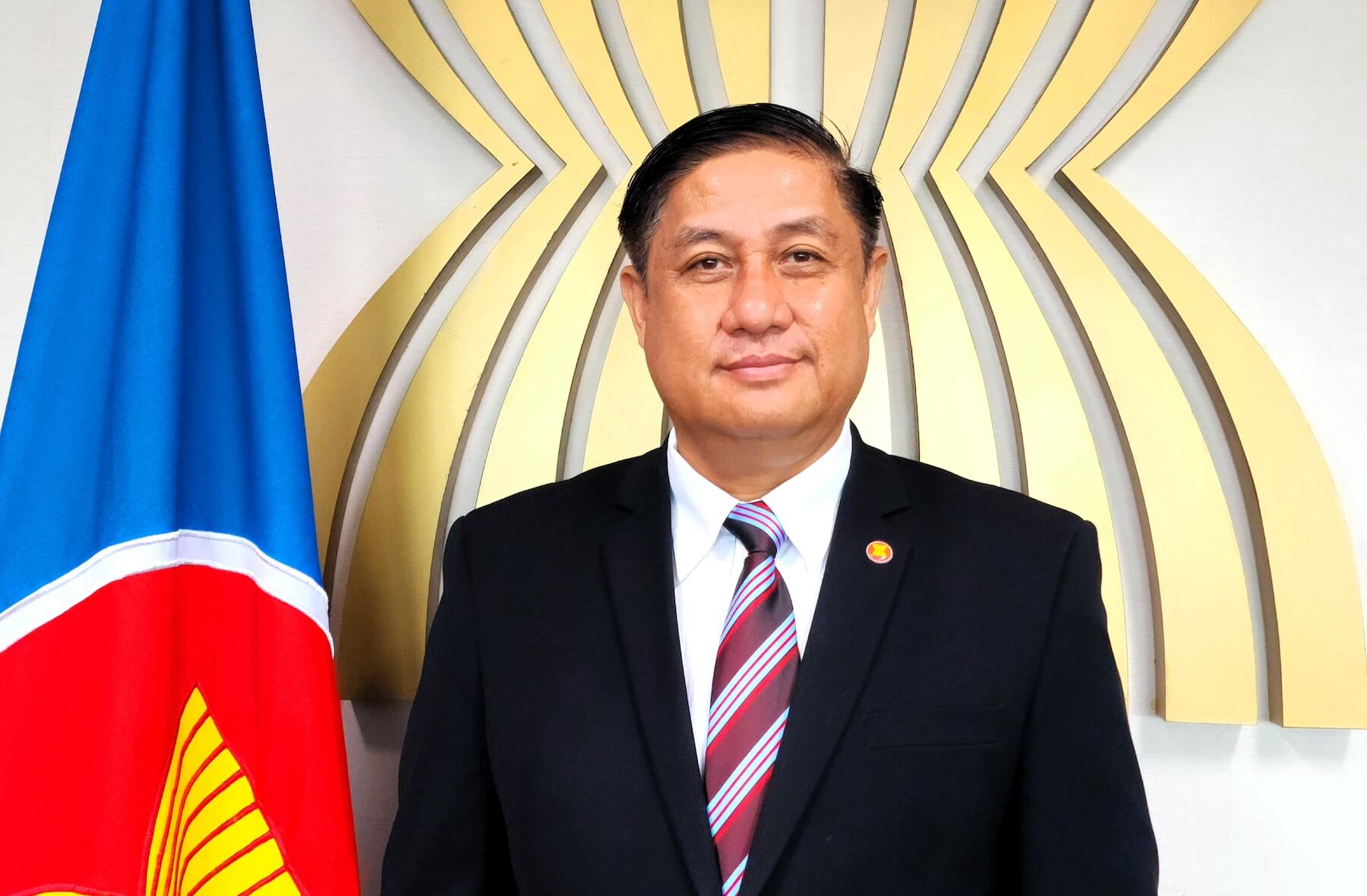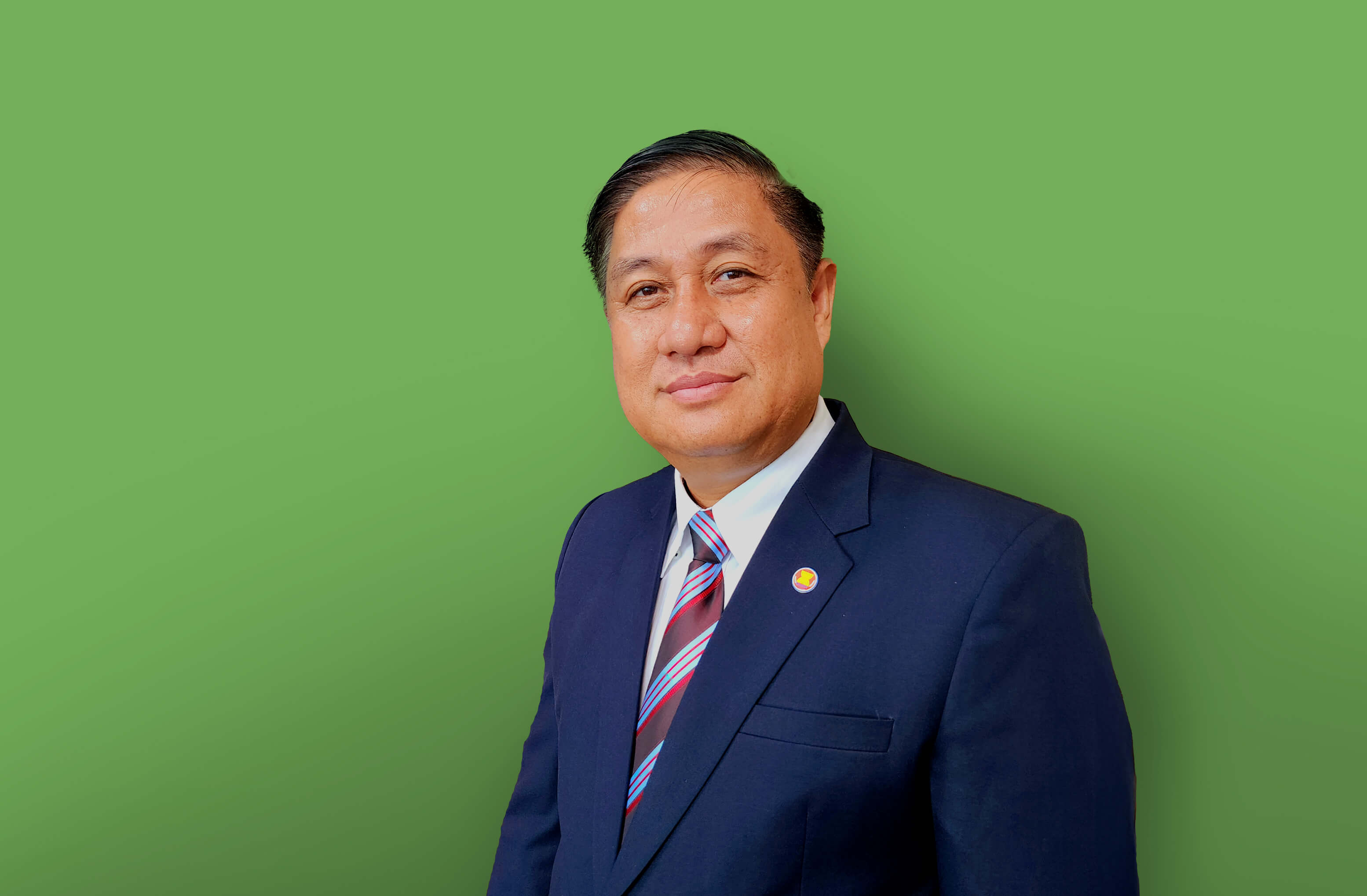



Living and studying at Nalanda University made Yuni Saputri reminisce about her high school life. She was a student at an Islamic boarding school or pesantren in her hometown in Banda Aceh, Indonesia. Like in Nalanda University, students and teachers in a pesantren live around the school area. However, the 26-year-old said that the temperature significantly differs between Banda Aceh and Rajgir, India, where she lives now.
“Last winter, it got to minus 8° Celcius. It was so cold, unlike Indonesia. Lucky for us students, the school provides all our necessities, like food, housing, and transportation. So, all we need to think about is studying,” she expressed.
Saputri’s journey to India started with a dream. She and a group of friends actively sought information about studying abroad because they all dreamt about continuing their higher education in foreign countries through scholarships. “One of the countries that I was eyeing was India. I prefer to do my Master’s in India because I can easily see how Indian culture relates to Indonesian.”
One time on her scholarship-hunting journey, her senior gave a seminar about continuing education in India. Saputri’s eyes lit up when she learned the information. She browsed through the Indian embassy’s website and found all the information about the ICCR scholarship. From there, Saputri chose Nalanda University to pursue a Master’s degree in Historical Studies. In 2021, her dream to pursue higher education in India came true.
For Saputri, Historical Studies was an obvious choice. She has been fascinated with history since high school. She studied Islamic Cultural History for her bachelor’s degree at State Islamic University Ar Raniry in Banda Aceh. For a brief period, Saputri also worked voluntarily at local elementary schools to teach various subjects, one of which was history. A topic that, according to Saputri, is not popular among many in her homeland.
“I want to teach my students that history can also be interesting. It is not only about memorising dates, and it is about fascinating stories from a while back that we can all relate to and learn from,” she said.
As a history scholar, Saputri is also glad she has a chance to be fully immersed in the same environment around Rajgir, a ground with tremendous historical value, only a few kilometres from the original Nalanda. “Religion significantly impacts acculturation between India and Indonesia,” she argued.
“My research interest is closely related to the acculturation topic. I want to examine and trace the Indian heritage in Indonesia, especially in my hometown in Aceh,” she said.
Aside from the opportunity to delve deeper into acculturation between Indonesia and India, living in an international environment has also opened up Saputri’s eyes to other countries’ cultures, including those from the Southeast Asian region.
“I was fascinated when I saw a performance of Myanmar dance. They look so much like Javanese dance! If I had stayed in Indonesia, I probably would have never seen the dance or known about this shared identity,” she concluded after watching a dance on a cultural performance regularly held inside the campus.
Saputri and her fellow students eagerly anticipate the university’s cultural events as they could enjoy unique and mesmerising performances from different nations.
After her Master’s degree, Saputri is looking forward to continuing her studies with a doctoral degree in history. “Someday, I will return to Indonesia, and I want to teach the younger generation to preserve our cultural heritage,” she promised.








